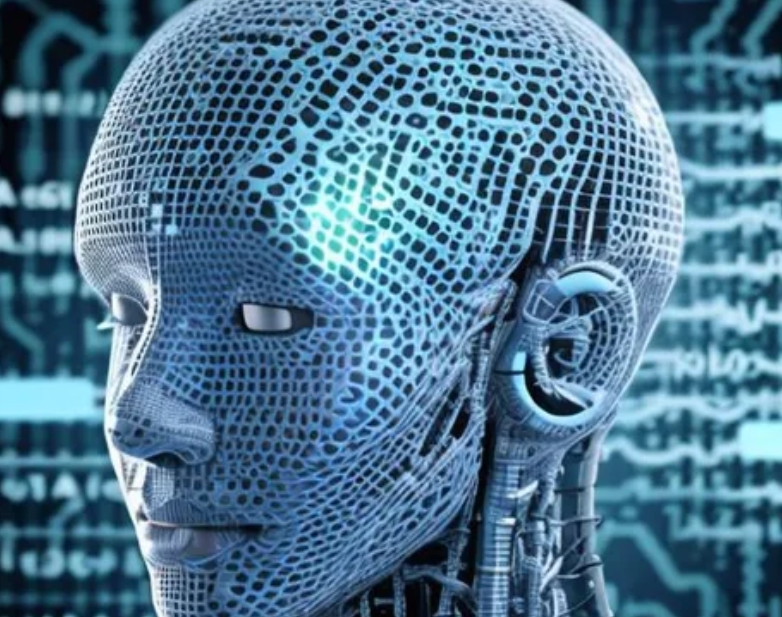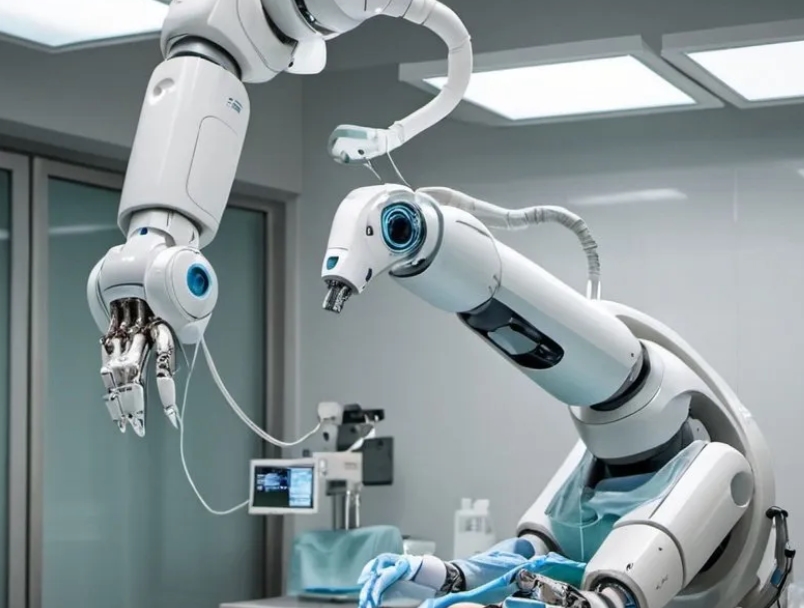
Artificial Intelligence (AI) is at the heart of the autonomous vehicle revolution, transforming the way we think about transportation and mobility. This article delves into the crucial role AI plays in making self-driving cars a reality and its potential impact on our roads and cities.
1. Perception and Sensing
AI enables autonomous vehicles to perceive their environment through:
Computer Vision:
- Interpret visual data from cameras
- Recognize road signs, traffic lights, and lane markings
LiDAR (Light Detection and Ranging):
- Create detailed 3D maps of the vehicle's surroundings
- Detect obstacles and measure distances accurately
Radar and Ultrasonic Sensors:
- Detect nearby objects and their velocities
- Work effectively in various weather conditions
AI algorithms fuse data from these sensors to create a comprehensive understanding of the vehicle's environment.
2. Decision Making and Path Planning
AI drives the decision-making process in autonomous vehicles:
Route Planning:
- Determine the optimal path to the destination
- Consider traffic conditions, road closures, and user preferences
Obstacle Avoidance:
- Predict the movement of other vehicles, pedestrians, and objects
- Make split-second decisions to avoid collisions
Traffic Navigation:
- Interpret and follow traffic rules
- Navigate complex intersections and merging situations
Machine learning algorithms continuously improve these decision-making capabilities based on real-world driving experiences.
3. Vehicle Control
AI manages the actual operation of the vehicle:
Steering:
- Maintain lane position
- Execute turns and lane changes smoothly
Speed Control:
- Adjust speed based on traffic flow and speed limits
- Manage acceleration and braking for passenger comfort
Adaptive Systems:
- Adjust driving style based on road conditions and weather
- Optimize for fuel efficiency or performance as needed
4. Localization and Mapping
AI helps autonomous vehicles understand their precise location:
GPS Integration:
- Combine GPS data with other sensor inputs for accurate positioning
- Compensate for GPS limitations in urban canyons or tunnels
SLAM (Simultaneous Localization and Mapping):
- Create and update detailed maps of the environment in real-time
- Recognize landmarks for improved navigation
5. Vehicle-to-Everything (V2X) Communication
AI facilitates communication between vehicles and infrastructure:
Vehicle-to-Vehicle (V2V):
- Share information about speed, position, and intentions with nearby vehicles
- Coordinate movements for improved traffic flow and safety
Vehicle-to-Infrastructure (V2I):
- Receive real-time updates about traffic lights, road conditions, and hazards
- Optimize routes based on infrastructure data
6. Predictive Maintenance
AI enhances vehicle maintenance and reliability:
Component Monitoring:
- Analyze sensor data to predict potential failures
- Schedule maintenance before issues occur
Performance Optimization:
- Adjust vehicle systems for optimal performance and efficiency
- Adapt to changing vehicle conditions over time
7. Personalization and User Experience
AI customizes the riding experience:
User Preferences:
- Learn and apply individual preferences for routes, climate control, and entertainment
- Adjust driving style based on passenger comfort preferences
Predictive Services:
- Anticipate user needs based on patterns and context
- Suggest destinations or services proactively
Challenges and Considerations
The development of AI for autonomous vehicles faces several challenges:
Ethical Decision-Making:
- Program vehicles to make moral choices in unavoidable accident scenarios
- Balance safety priorities between passengers and other road users
Weather and Unusual Conditions:
- Ensure reliable operation in adverse weather or rare road situations
- Develop robust systems that can handle unexpected scenarios
Cybersecurity:
- Protect vehicles from hacking and unauthorized access
- Safeguard personal data and location information
Regulatory Framework:
- Navigate evolving regulations and liability issues
- Establish standards for testing and deployment of autonomous vehicles
Public Trust and Acceptance:
- Address concerns about safety and job displacement
- Educate the public about the benefits and limitations of the technology
The Future of AI in Autonomous Vehicles
As AI continues to advance, we can expect:
Improved Safety: AI-driven vehicles have the potential to significantly reduce accidents caused by human error.
Enhanced Mobility: Autonomous vehicles could provide transportation options for elderly, disabled, or non-driving individuals.
Traffic Optimization: AI-coordinated traffic flow could reduce congestion and improve urban mobility.
Environmental Impact: Optimized driving and traffic patterns could lead to reduced emissions and fuel consumption.
Changing Urban Landscapes: Cities may be redesigned with less need for parking and more space for pedestrians and green areas.
New Business Models: The rise of autonomous vehicles could lead to new transportation services and ownership models.
The role of AI in autonomous vehicles extends far beyond just controlling the car. It's reshaping our entire approach to transportation, promising a future where mobility is safer, more efficient, and more accessible. As the technology continues to evolve, it will be crucial to address the challenges while harnessing the full potential of AI to create a transportation revolution that benefits society as a whole.



